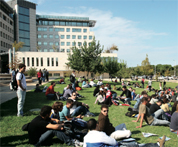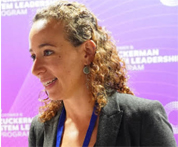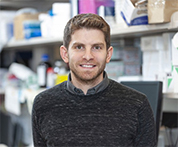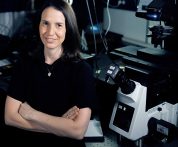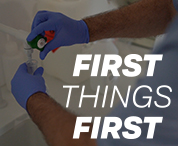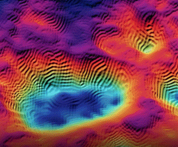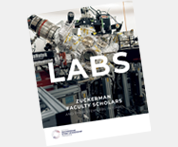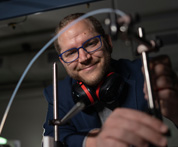Description and lab research areas:
Our research interests lie in the area of Machine learning, Big biomedical data, and Clinical genomics. Currently, there is a tremendous amount of clinical data that is being gathered from a variety of sources and types. Including Structured and unstructured data, Electronic Health Records (EHR), molecular, Genetic, Wearables, and more. Therefore, there is a need for developing new machine learning and deep learning methods that can make new insights from this type of data, in order to advance toward personalized medicine. Our research projects are usually done with a close collaboration with physicians. Among ongoing researches in our group:
- Clinical practice and guidelines tend to change over time as new methods and knowledge accumulate. Such an example is the guidelines for redoing Coronary Artery Bypass Grafting (CABG) surgeries. Over the year the recommendation had favored toward alternatives like coronary angioplasty. But the safety of redoing CABG rose dramatically w/o changing the guidelines. Using data of over 1.5 million CABG surgeries, we showed that the risk for redo CABG went down and in recent years is comparable to first time CABG surgery.
- We are developing models for mortality prediction in the intensive care unit (ICU). In the intensive care unit, new data is collected frequently, as many patients are connected to monitors, and clinical care is given at a high rate. This data can help in alerting the stuff for patients who are at higher risk for a complication that needs extra special care. Such models were developed before, but they suffer from biases. One type of bias we want to overcome is the time of prediction. For example, a subject that is critically ill might be “easier” to predict, and if the model learns only on such samples, it will be useless as a real-world application.
- A person’s genetic encode his risk for a variety of disease. The number of ‘features’ that can be generated from our genome is huge, as our genome consists of a sequence of 3 billion ‘letters’. Even if we restrict our self to only common variations there are still millions of such. Not only the number of possible features is huge, but also the effect of each feature is small. Therefore, statistical power tends to be very low. We are developing new methods that can learn from such super high dimensional data.
Required elements for research-based postdoc applications
We are seeking for excellent postdoctoral, with Strong background in bioinformatic, computer science, machine learning and human genomic (not necessarily all together).
Contact details:
Nadav Rappoport
Dep. of Software & Information Systems Engineering
Ben-Gurion University of the Negev,
Beer-Sheva 8410501, Israel
 ISRAELI COUNCIL FOR HIGHER EDUCATION
ISRAELI COUNCIL FOR HIGHER EDUCATION MIT-Israel Zuckerman STEM Fund for Faculty Collaboration
MIT-Israel Zuckerman STEM Fund for Faculty Collaboration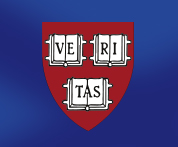 The Zuckerman Travel and Research STEM Fund at Harvard
The Zuckerman Travel and Research STEM Fund at Harvard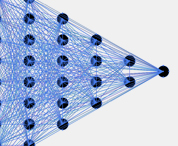 Zuckerman AI Fund at Technion
Zuckerman AI Fund at Technion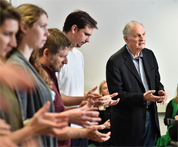 Alan Alda Communicating Science
Alan Alda Communicating Science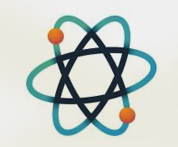 Zuckerman Institute – ScienceAbroad
Zuckerman Institute – ScienceAbroad Zuckerman Institute – America-Israel Friendship League partnership
Zuckerman Institute – America-Israel Friendship League partnership



